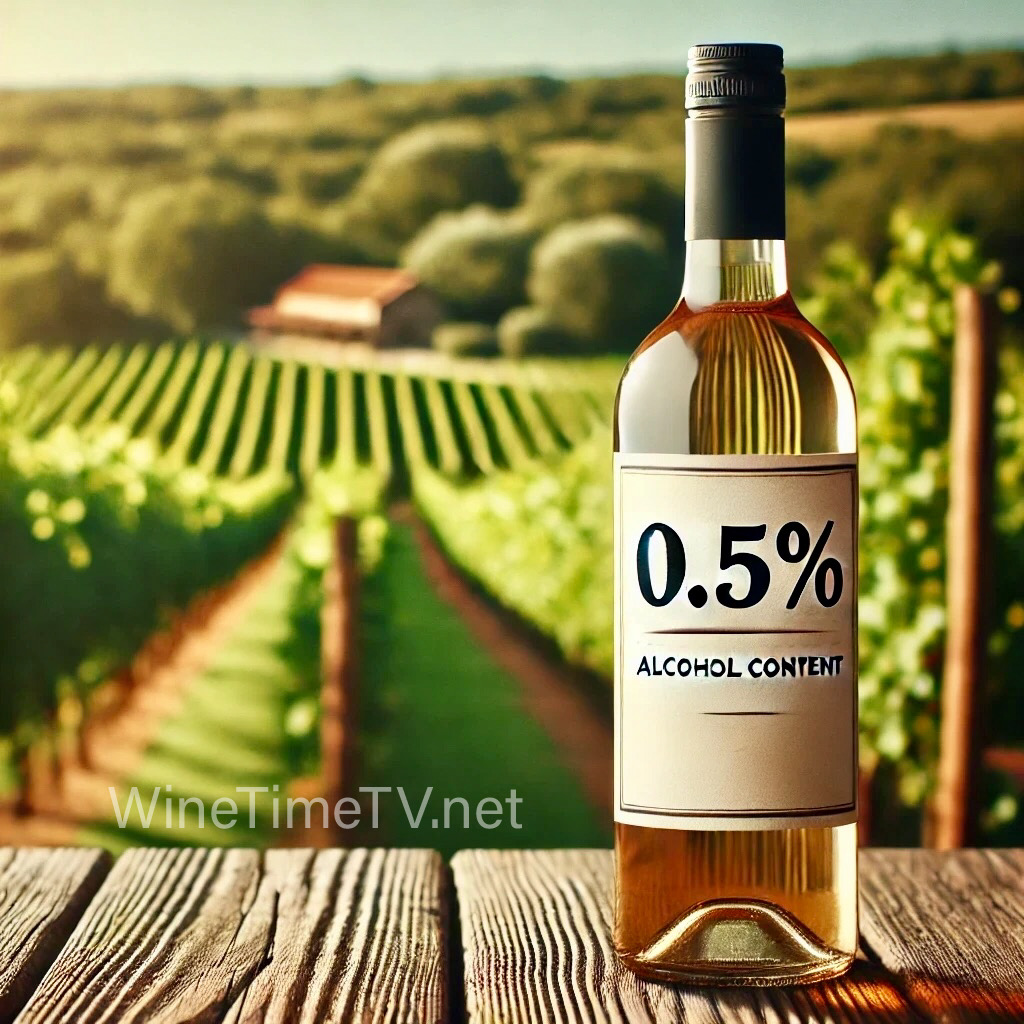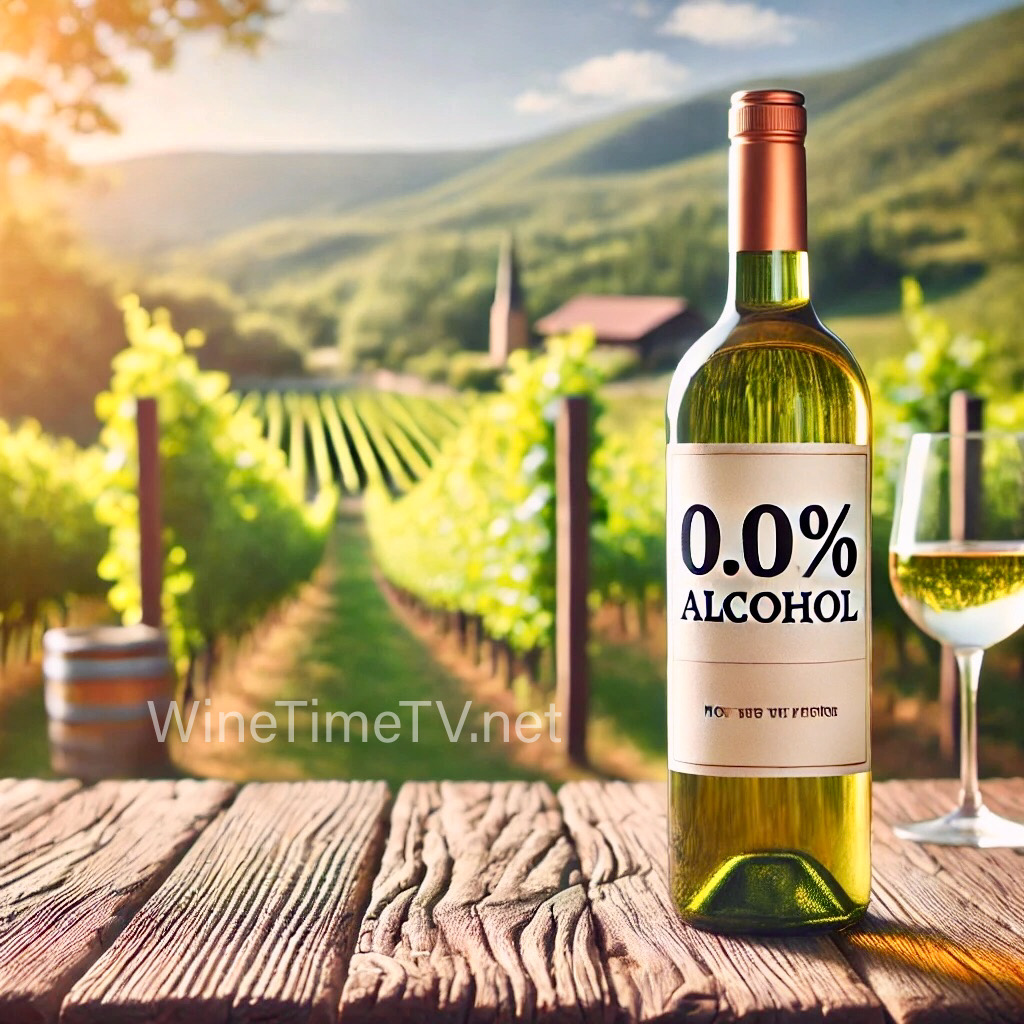Discover the Rise of Low- and No-Alcohol Wines
Introduction:
As health-conscious lifestyles continue to shape consumer preferences, the popularity of low- and no-alcohol wines is soaring. These wines offer a guilt-free way to enjoy the pleasures of wine without the high alcohol content. In this post, we’ll explore why these wines are gaining traction and highlight some exciting options to try.
The Health-Conscious Shift:
With a growing focus on wellness, more people are looking for ways to enjoy their favorite beverages with fewer calories and lower alcohol content. Low- and no-alcohol wines fit perfectly into this trend, offering a healthier alternative without compromising on flavor.
Innovative Winemaking:
The surge in low- and no-alcohol wines has spurred innovation in winemaking. Producers are using advanced techniques to create wines that retain the complexity and depth of traditional wines but with significantly reduced alcohol levels. This means you can savor the taste and aroma of a fine wine without worrying about the aftereffects.
Popular Choices:



- Low-Alcohol Wines: These wines typically have an alcohol content of 0.5% to 1.2%. They’re crafted to deliver the same enjoyment as their full-strength counterparts but with a lighter impact. Some popular varieties include low-alcohol sparkling wines and light whites.
- No-Alcohol Wines: Also known as alcohol-free wines, these beverages have less than 0.5% alcohol by volume. Brands like Freixenet 0.0% and Ariel Vineyards offer a range of alcohol-free options that cater to different palates.
Benefits of Low- and No-Alcohol Wines:
- Fewer Calories: These wines generally have fewer calories than traditional wines, making them a great choice for those watching their waistline.
- Healthier Lifestyle: Reduced alcohol consumption is associated with various health benefits, including better sleep and improved mental clarity.
- Social Inclusivity: Low- and no-alcohol wines are perfect for social gatherings, ensuring everyone can participate in the toast, regardless of their alcohol tolerance or preference.
Conclusion:
The rise of low- and no-alcohol wines is a testament to the evolving tastes of wine lovers around the world. As more people seek healthier alternatives, these innovative wines are set to become a staple in wine cellars everywhere. So, why not explore this trend and find a new favorite?
